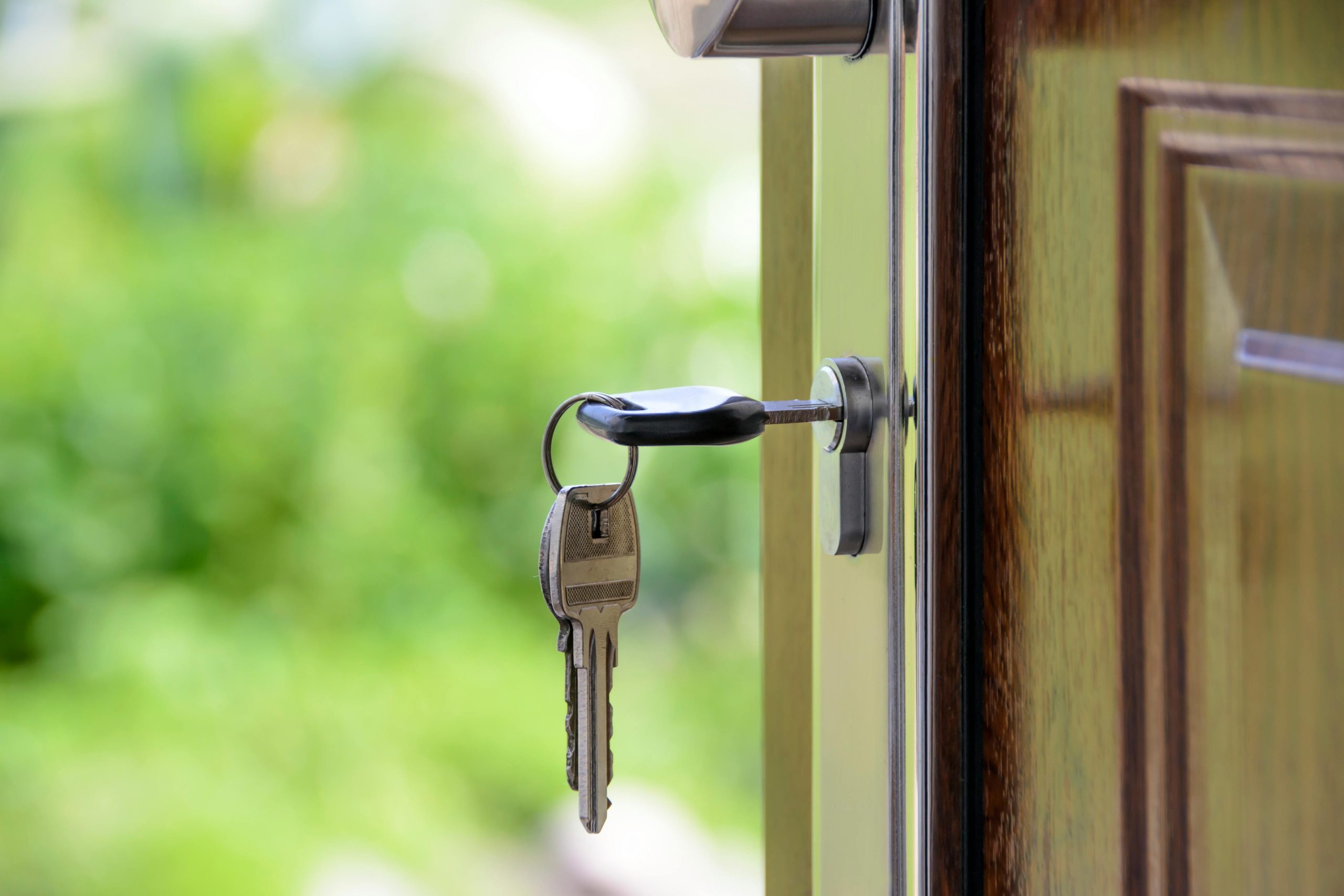Title: Navigating Insurance Disputes After Storm Damage: When Wind and Rain Collide
If you’ve recently experienced storm damage to your property, you’re likely familiar with the frustration that can arise when insurance claims are denied. A common scenario involves a tree falling on a structure following severe weather, where the core issue revolves around what caused the incident—wind, rain, or a combination of both.
Imagine a homeowner whose tree toppled onto their shed during a storm. An accredited local arborist examines the scene and concludes that the fall was primarily driven by a combination of high winds and saturated soil from heavy rain. However, the insurance provider disputes this assessment, asserting that the damage was solely due to rain, and consequently denies the claim.
This situation highlights a frequent challenge faced by property owners: insurance companies may reject claims based on their interpretation of the cause, especially when they opt to focus on a single element such as rainfall. Yet, it’s important to note that official assessments, especially from qualified arborists, often consider multiple contributing factors like wind force and ground saturation.
Key steps to consider in such cases include:
-
Gather Expert Evidence: Obtain detailed reports from certified arborists or storm damage specialists that articulate the multifaceted causes of the incident.
-
Review Policy Details: Carefully examine your insurance policy to understand covered perils and any clauses related to storm-related damage.
-
File a Formal Appeal: Contact your insurance company’s claims department to contest the denial, submitting your supporting documentation and expert opinions.
-
Seek Assistance: If initial appeals are unsuccessful, consider consulting a public adjuster or a legal professional experienced in insurance disputes for guidance.
-
Document Everything: Maintain thorough records of all communications, inspections, and evidence related to the incident and your claims process.
Remember, insurance claims disputes are often complex, especially when different assessments interpret causality differently. Advocacy, professional expert input, and a clear understanding of your policy can significantly influence the outcome. If you’re facing a similar situation, don’t hesitate to seek professional advice to ensure your rights and property are protected.



